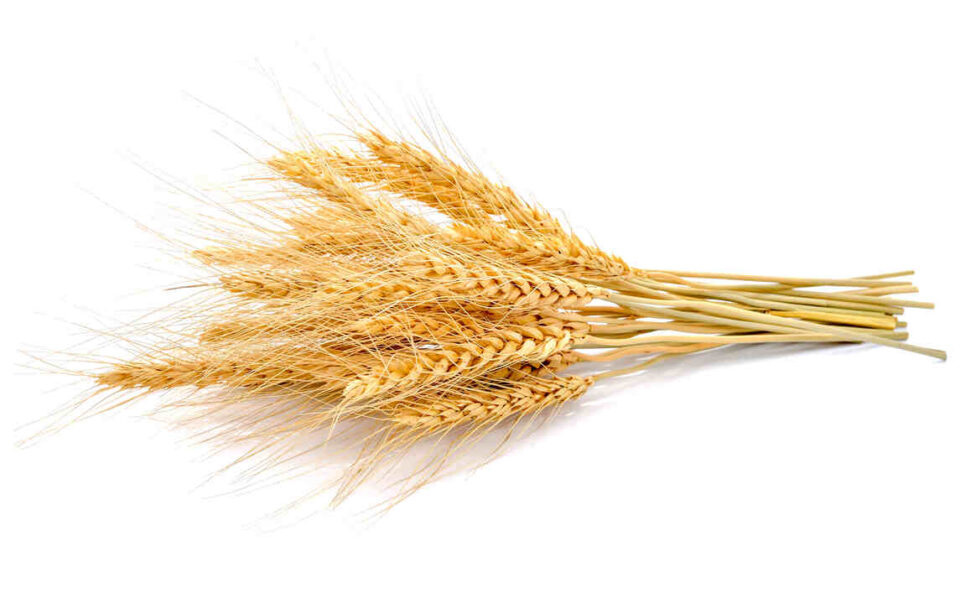As an Ayurvedic doctor, my journey is filled with fascinating encounters and insightful questions from patients seeking guidance on various aspects of their health. Recently, a devoted barley enthusiast sought my counsel, presenting me with a thought-provoking query. She eagerly asked, “Can I consume barley rice every day? Will it have any adverse effects?” Little did she know that her affection for barley was met with bewilderment by her family members, who were deeply rooted in the traditional consumption of wheat and rice. At that moment, I found myself in a unique position—an agent of enlightenment amidst a sea of uncertainty. Determined to assuage their concerns and reveal the true nature of barley, I eagerly initiated a WhatsApp video call with her concerned husband and inquisitive mother-in-law, ready to embark on a journey of knowledge-sharing and address their apprehensions.
Unveiling the Wonders of Barley
Allow me to share with you the wealth of knowledge surrounding barley, a grain that has captivated the attention of health enthusiasts.
Barley, known as “Jau” in India, is a versatile grain that has been a staple in our country for centuries. From traditional dishes like khichdi and sattu to the refreshing summer drink, “sattu sherbet,” barley has been an integral part of our culinary heritage. In recent times, there has been a growing interest in incorporating barley into our daily diets due to its numerous health benefits. However, the question remains: Is it safe to consume barley every day?
Is it Safe to Eat Barley Every Day? The Barley Breakdown
To assess the safety of consuming barley daily, it is essential to explore its nutritional profile. Barley is a rich source of dietary fiber, vitamins, minerals, and antioxidants. It is packed with nutrients like magnesium, phosphorus, selenium, and B vitamins. Additionally, it contains beta-glucan, a soluble fiber known for its cholesterol-lowering properties.
The Benefits of Barley Consumption
1. Aids in Digestion and Promotes Gut Health
Barley’s high fiber content acts as a natural laxative, promoting regular bowel movements and preventing constipation. It also acts as a prebiotic, nourishing the beneficial bacteria in our gut and supporting a healthy digestive system.
2. Manages Weight and Controls Blood Sugar Levels
The fiber-rich nature of barley contributes to satiety, keeping us feeling fuller for longer and aiding in weight management. Moreover, its low glycemic index helps regulate blood sugar levels, making it a suitable choice for individuals with diabetes or those aiming to prevent its onset.
FAQs About Daily Barley Consumption
Can consuming barley every day cause any adverse effects?
No, including barley in your daily diet is generally safe and unlikely to cause any adverse effects. However, individuals with gluten intolerance or celiac disease should exercise caution as barley contains gluten.
How much barley can I consume in a day?
It is recommended to consume around 50-60 grams of barley per day, which can be easily incorporated into meals like soups, and salads, or as a replacement for rice or wheat.
Does barley help in weight loss?
Yes, barley’s high fiber content aids in weight loss by promoting satiety and reducing overeating. It can be an excellent addition to a balanced and calorie-controlled diet.
Can barley consumption benefit heart health?
Absolutely! Barley’s soluble fiber, beta-glucan, has been linked to reduced cholesterol levels, leading to improved heart health and a lower risk of cardiovascular diseases.
Is barely suitable for individuals with gluten intolerance?
No, individuals with gluten intolerance or celiac disease should avoid barley as it contains gluten, which can trigger adverse reactions in these individuals.
Can barley consumption cause allergies?
While barley allergies are rare, some individuals may experience an allergic reaction. If you notice any unusual symptoms after consuming barley, it is advisable to consult a healthcare professional.
Conclusion: Embracing Barley for a Healthier Tomorrow
In my quest to uncover the safety of consuming barley every day, I have discovered that incorporating this nutritious grain into our daily diets can indeed be a beneficial choice. Barley’s rich nutritional profile, coupled with its potential health benefits, makes it a versatile and wholesome addition to our meals.
From aiding digestion and promoting gut health to managing weight and controlling blood sugar levels, barley offers a wide range of advantages. Its fiber content ensures regular bowel movements and a healthy digestive system, while also contributing to weight management by keeping us fuller for longer. Additionally, its low glycemic index makes it suitable for individuals with diabetes or those aiming to maintain stable blood sugar levels.
It’s important to note that while barley consumption is generally safe, individuals with gluten intolerance or celiac disease should exercise caution. Barley contains gluten and may trigger adverse reactions in these individuals. For the majority, however, incorporating barley into our daily diets can be a safe and healthy choice.
So, let’s raise our spoons and celebrate the goodness of barley! Whether it’s a steaming bowl of barley soup on a chilly evening or a refreshing glass of sattu sherbet on a hot summer day, let this humble grain nourish our bodies and delight our taste buds. By embracing barley as a regular part of our diet, we can take a significant step towards a healthier tomorrow.

